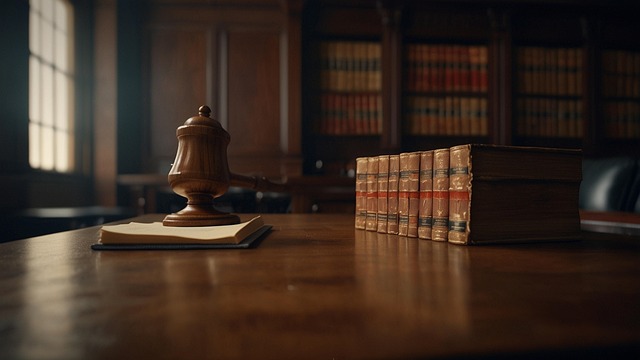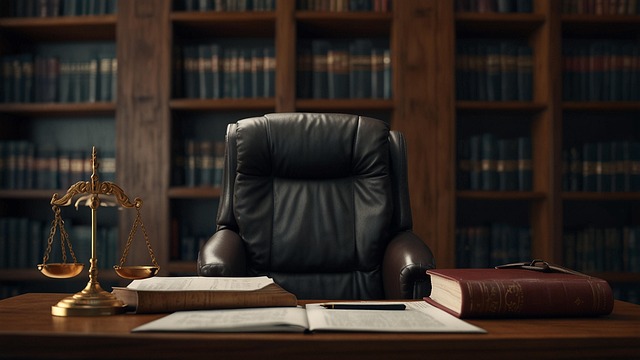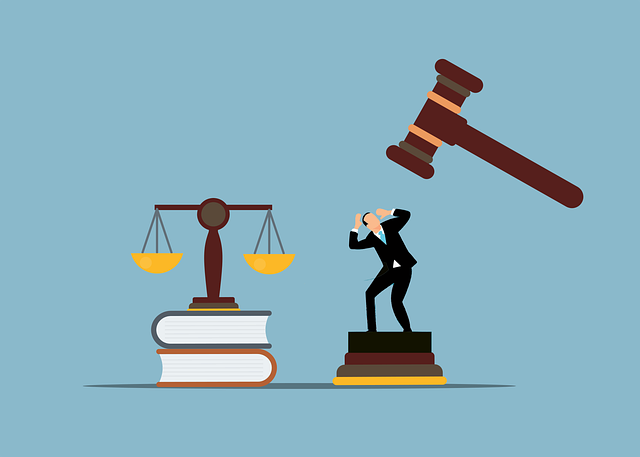In criminal defense, understanding rights and navigating complex proceedings is crucial. Experienced attorneys with expertise in criminal proceedings guide clients, ensuring fair treatment through strategic tactics. Their deep knowledge of laws, evidence review, and procedural rules enables them to challenge accusations, protect constitutional rights, and build robust defenses tailored to each case, ultimately influencing favorable outcomes.
In the intricate landscape of criminal defense, safeguarding individual rights is paramount. Understanding and leveraging these rights during legal battles can significantly impact the outcome. This article explores crucial aspects of protecting rights in criminal defense, from comprehending fundamental defenses to employing strategic advocacy techniques. We delve into the role of legal expertise, navigating complex procedures, ensuring fair treatment, and building robust defense cases. Armed with knowledge, defenders can effectively navigate criminal proceedings.
- Understanding Criminal Defense Rights
- Legal Strategies for Protection
- The Role of Expertise in Advocacy
- Navigating Complex Procedures
- Ensuring Fair Treatment Throughout
- Building a Strong Defense Case
Understanding Criminal Defense Rights

In any criminal defense legal battle, understanding one’s rights is paramount. Accused individuals must be fully aware of their entitlements as guaranteed by law to ensure a fair and just process. This includes the right to remain silent, the right to an attorney, and the right to a speedy trial, among others. Criminal proceedings expertise involves navigating these complexities, ensuring that every aspect of the defense is meticulously handled to protect the client’s interests.
Legal professionals with expertise in criminal defense play a crucial role in educating their clients about these rights. They help interpret complex legal jargon, explain potential consequences, and guide their clients through each stage of the process. This knowledge empowers individuals to make informed decisions, assert their rights effectively, and build a robust defense strategy.
Legal Strategies for Protection

In the face of criminal accusations, individuals must be equipped with robust legal strategies to safeguard their rights. Criminal defense attorneys play a pivotal role in this process, employing various tactics to ensure fairness and protect their clients’ interests. One key strategy is a thorough review of evidence, where lawyers scrutinize every detail to identify weaknesses or discrepancies that can benefit the defendant. This meticulous approach often forms the backbone of a successful defense.
Moreover, legal professionals leverage their extensive knowledge of criminal proceedings to navigate complex laws and regulations. They skillfully construct arguments based on procedural errors, constitutional violations, or interpretations of evidence, challenging the prosecution’s case at every turn. With their expertise, they guide clients through the intricate process, ensuring their rights are not only respected but also vigorously defended.
The Role of Expertise in Advocacy

In criminal defense, the role of expertise is paramount. Skilled attorneys bring a depth of knowledge and experience to the table, allowing them to navigate complex legal landscapes with ease. This expertise in criminal proceedings isn’t just about understanding laws; it involves strategic planning, anticipating prosecution arguments, and leveraging evidence effectively. Attorneys who specialize in this field possess insights into procedural nuances, potential pitfalls, and successful defense strategies that have stood the test of time.
Their proficiency isn’t merely academic; it’s applied, tailored to each unique case. This means they can identify and exploit weaknesses in the prosecution’s case, challenge flawed evidence, and present compelling arguments on behalf of their clients. The value of such expertise is immense, as it ensures fair representation, protects rights, and ultimately influences outcomes in criminal defense legal battles.
Navigating Complex Procedures

Navigating complex procedures is a cornerstone of successful criminal defense strategies. The legal landscape in criminal proceedings can be labyrinthine, with intricate rules and regulations that vary by jurisdiction. Defending attorneys must possess a deep understanding of these processes to ensure their clients’ rights are protected at every stage. This includes meticulous case preparation, where gathering and organizing evidence becomes paramount.
Expertise in criminal proceedings is crucial for recognizing procedural anomalies or violations of constitutional rights. Skilled defense lawyers employ this knowledge to challenge the prosecution’s case, suppress inadmissible evidence, and protect against any potential legal pitfalls. Their goal is to navigate these complex procedures with finesse, ensuring a fair trial and the best possible outcome for their clients.
Ensuring Fair Treatment Throughout

Ensuring fair treatment throughout criminal proceedings is a cornerstone of any robust legal system. It involves a multifaceted approach to safeguard the rights of all individuals involved, especially the accused. The expertise in criminal proceedings plays a pivotal role here, as lawyers and judges must adhere strictly to procedures designed to prevent bias and protect against arbitrary decisions.
This includes ensuring equal access to justice, guaranteeing a fair trial, and upholding the presumption of innocence. It’s through this meticulous adherence to protocols and the application of criminal proceedings expertise that we can maintain a system where every person, regardless of background or status, receives treatment that is not only just but also seen as just by the public at large.
Building a Strong Defense Case

Building a strong defense case is a cornerstone in criminal proceedings, where legal experts navigate complex laws and facts to ensure fairness and protect the accused’s rights. The process involves meticulous investigation, gathering evidence, and crafting strategic arguments tailored to the specifics of each case. Criminal defense attorneys leverage their expertise to interpret legal statutes, assess admissibility of evidence, and anticipate potential challenges from prosecution, thereby creating a robust framework that safeguards the client’s interests.
This includes thorough examination of police reports, witness statements, physical evidence, and any relevant legal precedents. By employing these tactics, criminal defense lawyers can expose weaknesses in the prosecution’s case, challenge inadmissible evidence, and present alternative interpretations of events. Ultimately, their expertise enables them to build a compelling defense, ensuring that justice is served while protecting the accused’s constitutional rights throughout the entire process.






